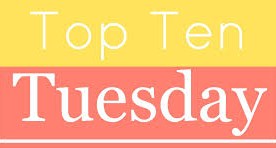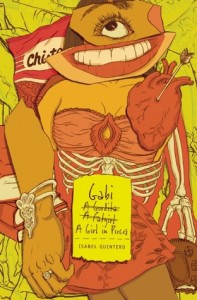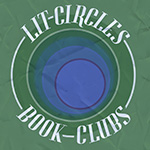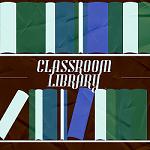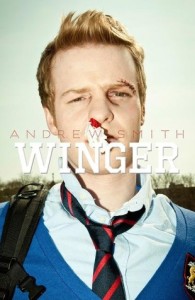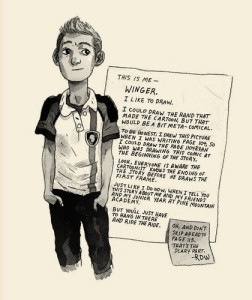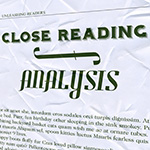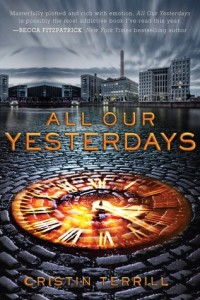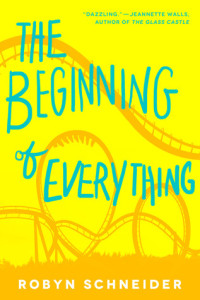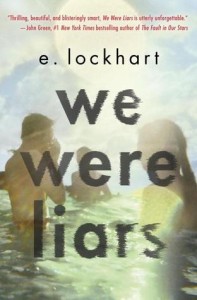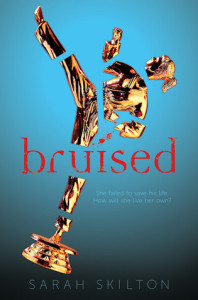Top Ten Tuesday is an original feature/weekly meme created at The Broke and the Bookish. The feature was created because The Broke and Bookish are particularly fond of lists (as are we!). Each week a new Top Ten list topic is given and bloggers can participate.
Today’s Topic: Top Ten Things We Like/Dislike in Romances in Books
Ricki
1. Dislike: Crude Details
Maybe I am a prude, but I get squeamish when the romantic are way too graphic. I am against censorship (so write on, authors!), but for my personal tastes, I like it to be kept to Rated R, rather than NC-17. If I blush while reading it, it has gone too far for me.
2. Dislike: The Same Ol’, Same Ol’
“And then he whispered into her ear in a husky voice…” Cliché love scenes make me roll my eyes.
3. Dislike: Girls Getting Swept Away
I hate reading books about a girl who is lost in her passion or unsure of herself in a romantic scene. I want to send a message to girls that they don’t have to do things that make them uncomfortable because too often, they feel forced to do things because they think it is expected of them.
4. Like: Interesting Pairings
I want to see more romances like Eleanor & Park, where the characters are quirky and interesting. So when there is a romantic scene, I want to fist pump!
5. Like: The Male Perspective
I want more romances from the male point-of-view. I can think of several books that meet this criterion, but there need to be more!
Kellee
Hm. This one is a tough one for me. I very rarely read a book just for romance.
1. Dislike: Fake Happily Ever Afters
Not every romance has to end with a happily ever after. Mostly high school romances since they realistically hardly ever do.
2. Dislike: Death
But that doesn’t mean I want someone to die every time!
3. Like: Nerds
I love when nerds are the star of a romantic story! I think that is why I liked Life in Outer Space so much.
4. Like: Male Perspective
Like Ricki, I would love to see more love stories told from the guy’s POV. It somehow takes a little bit of sappy out of it. (Maybe this is another reason why I liked Life in Outer Space and Beginning of Everything so much.)
5. Like: Real
I think overall I just want my romances to seem real. No coincidences, no outlandish happenings, no fantasy. Real.
What do you like or dislike about romances?
